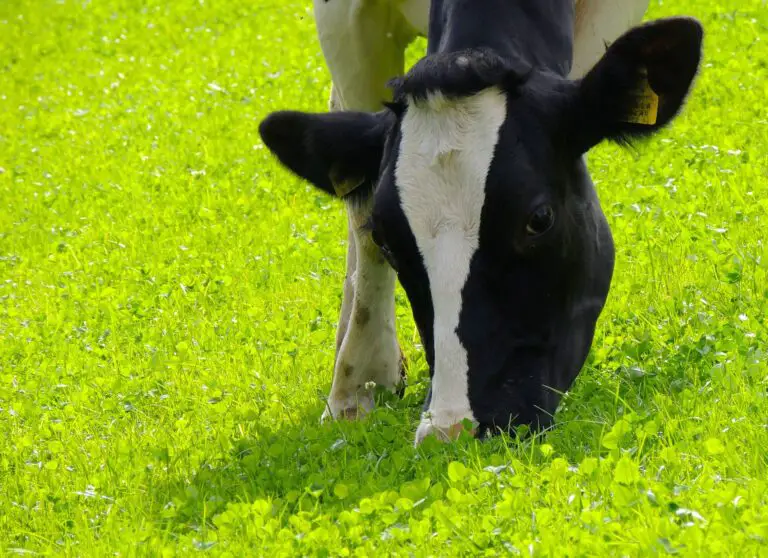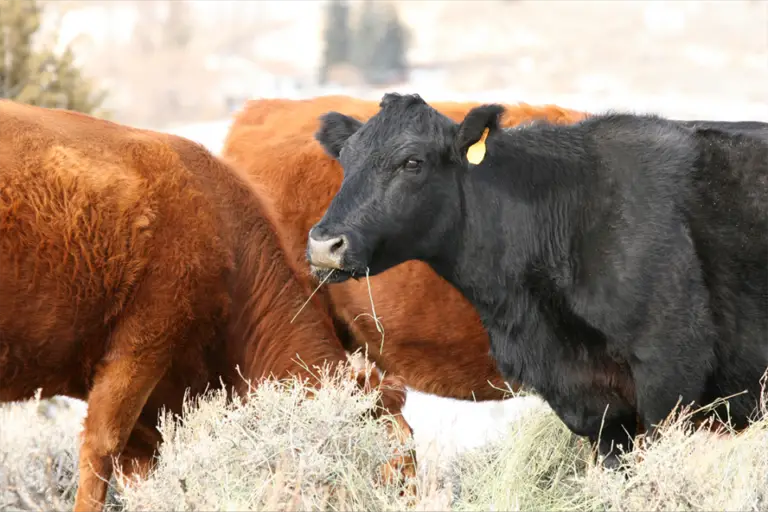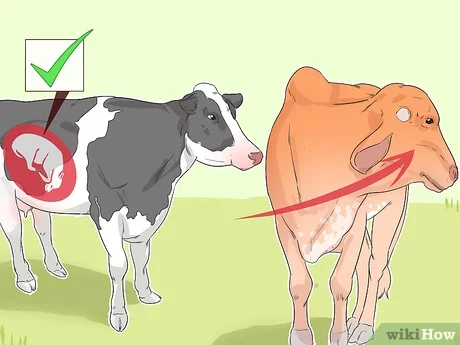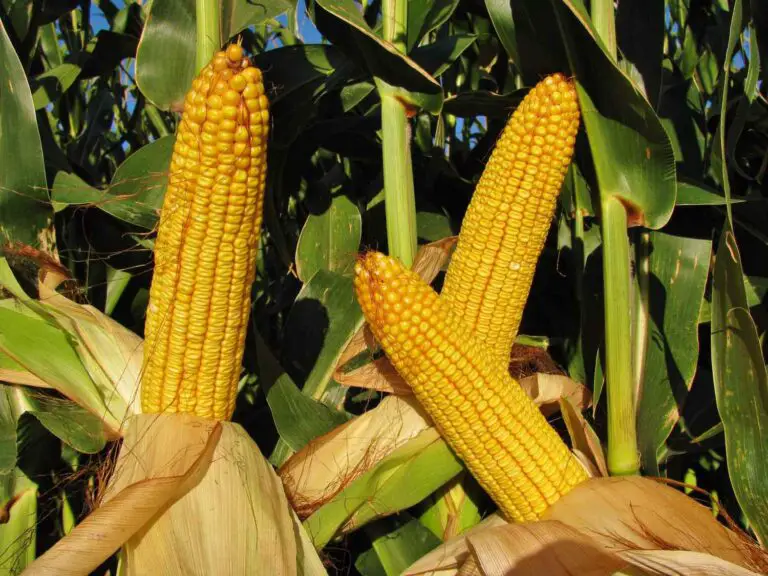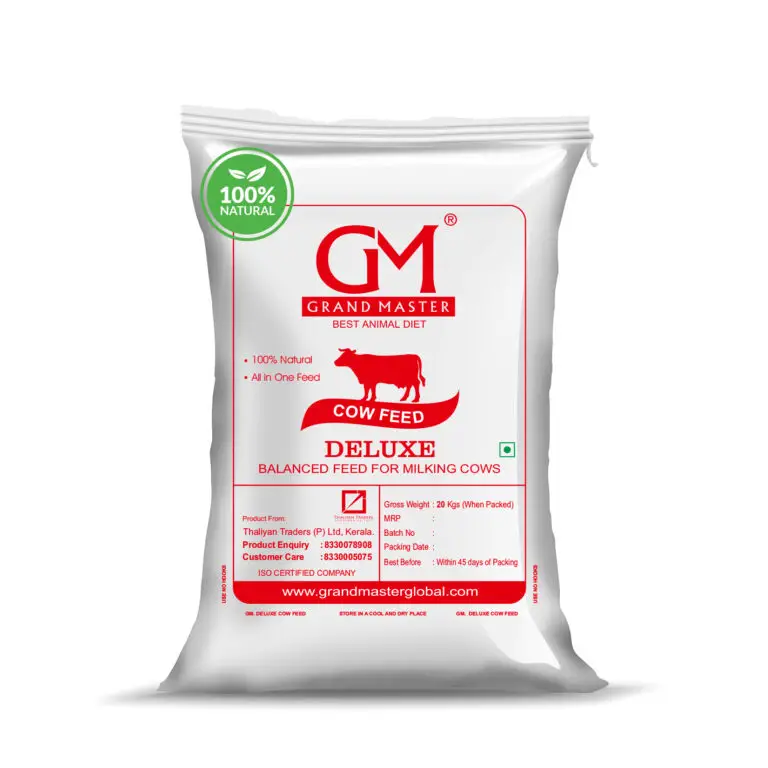Importance of Keeping Cattle: Benefits and Advantages
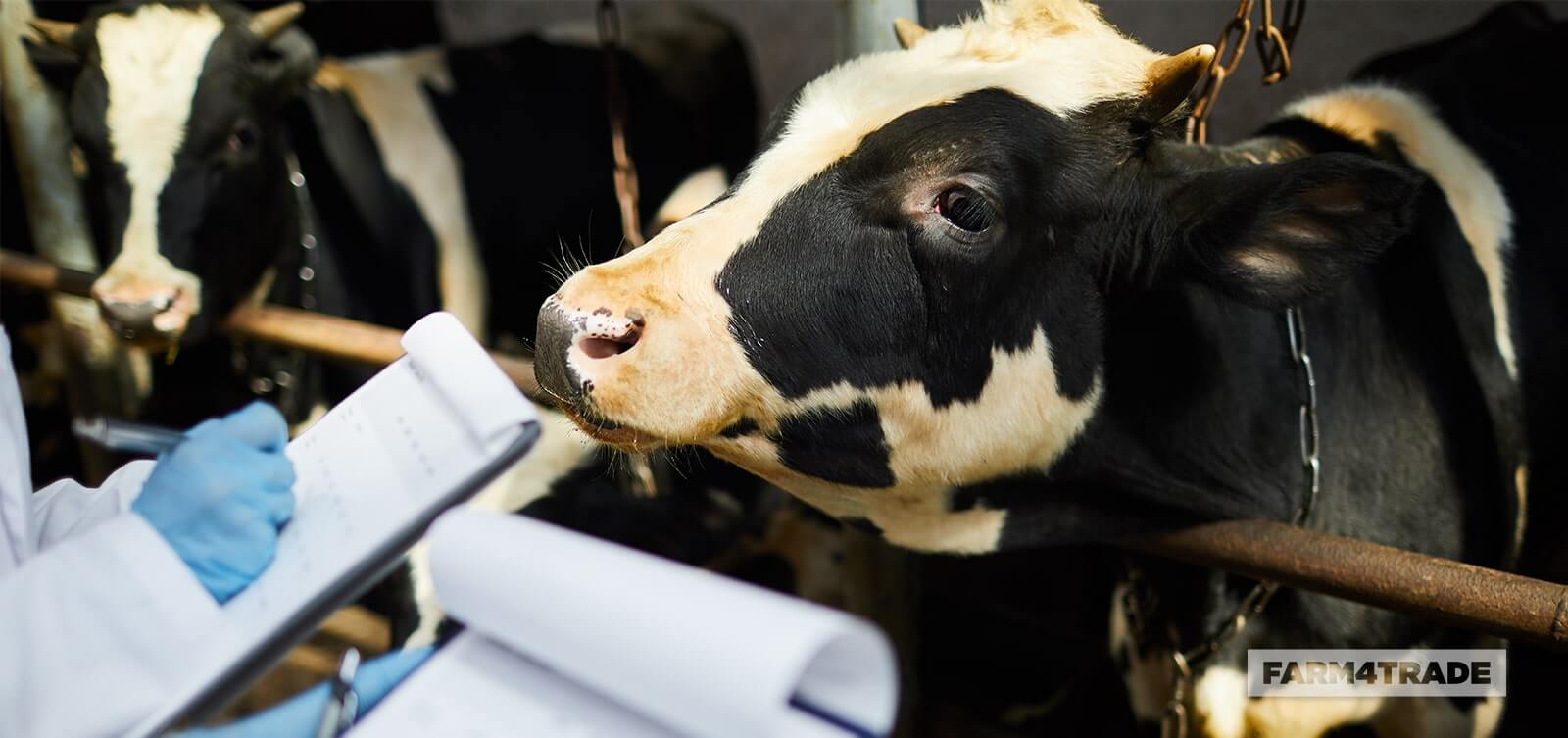
Keeping cattle is important for various reasons, as they provide meat, milk, labor, leather, and many other products that are widely used in everyday life. Domesticated cows are descendants of aurochs, a wild cattle species that is now extinct.
Cattle farming can provide numerous benefits, including food such as milk, meat, and hides, which are high in protein and calcium and are popular in many cultures. Additionally, cattle can convert forages into protein for human consumption while utilizing land resources that would otherwise be unused.
Proper grazing management can also help restore soil health and create a sink for atmospheric carbon and nitrogen. We will discuss the importance of keeping cattle and the benefits of cattle farming in detail.

Credit: agrierp.com
Economic Benefits
Cattle farming offers several economic benefits. Firstly, it contributes to food production by providing a valuable source of protein and calcium through milk, meat, cheese, and yogurt. Additionally, cattle farming generates cash through the sale of meat, milk, and hides. Furthermore, it contributes to compost production through the utilization of cow dung as a rich fertilizer. Proper grazing management also helps in restoring soil health and creating a sink for atmospheric carbon and nitrogen, thereby benefiting the environment. Overall, cattle farming can provide a range of social, economic, and environmental benefits when practiced sustainably.
Environmental Advantages
Cattle farming can have significant environmental advantages. Proper grazing management helps restore soil health by promoting the growth of beneficial microorganisms and improving soil structure. This can lead to carbon and nitrogen sequestration, which helps mitigate climate change. Additionally, cattle farming can contribute to the maintenance of healthy grasslands and biodiversity. By grazing on grasslands, cattle help prevent the dominance of invasive plant species, thereby supporting the overall health of the ecosystem.
Cultural And Social Importance
Cattle have historical significance and play a crucial role in cultural and social importance. Throughout history, cattle have been essential for animal husbandry practices. They provide a source of food, including milk and meat, which are vital for sustaining human life. Moreover, cattle contribute to the economy by providing various products such as leather and labor. Additionally, they play a significant role in environmental benefits, including proper grazing management that helps restore soil health and create a sink for atmospheric carbon and nitrogen. Overall, cattle farming has social, economic, and environmental benefits, particularly when practiced sustainably.
Nutritional Value
Cattle are an important source of nutrition, providing valuable protein and calcium. They offer versatility in producing dairy and meat products, meeting various dietary needs. Milk is a valuable source of protein and calcium, used to make cheese and yogurt, while meat provides protein and iron. Additionally, cattle farming can offer environmental benefits, such as restoring soil health and creating a sink for atmospheric carbon and nitrogen. Proper grazing management plays a crucial role in managing pastures and contributing to soil health. Overall, cattle farming can provide a range of social, economic, and environmental benefits, particularly when practiced sustainably.
Livestock Management
|
Keeping cattle is crucial for various reasons:
|

Credit: www.youtube.com
Sustainable Farming
The importance of keeping cattle in sustainable farming cannot be overstated. Cattle farming plays a crucial role in food security, providing essential products such as meat, milk, and hides. These products are valuable sources of protein, calcium, and other nutrients that are essential for human consumption. Additionally, cattle farming can have positive environmental impacts, such as restoring soil health and creating a sink for atmospheric carbon and nitrogen. Furthermore, cattle can provide food, cash, and compost, and are also helpful in managing pastures. Overall, sustainable cattle farming can offer a range of social, economic, and environmental benefits, making it an indispensable practice in modern agriculture.

Credit: www.plattsagriculture.co.uk
Frequently Asked Questions
Why Is It Important To Have Cattle?
Cattle are important as they provide meat, milk, labor, leather, and other essential products for daily life.
What Are The Benefits Of Keeping A Cow?
Keeping a cow provides meat, milk, labor, leather, and other essential products for daily life. Cows are valuable for their protein-rich milk, meat, and hides, benefiting human nutrition and providing various resources.
What Are The Benefits Of Raising Cattle?
Raising cattle provides a variety of benefits including food, milk, leather, and other products. Cattle farming is sustainable and can help restore soil health, while also providing a source of protein for human consumption. Cows can also be used for labor and are helpful in managing pastures.
Why Are Cows Important To Human Life?
Cows are important to human life because they provide meat, milk, leather, labor, and other products that people use daily. Domesticated cows are the descendants of wild aurochs, which are now extinct. Cattle farming can provide benefits such as a source of protein, calcium, and iron from milk and meat, and cow dung can be used as a rich fertilizer.
Additionally, cattle can restore soil health and create a sink for atmospheric carbon and nitrogen.
Conclusion
Cattle play a vital role in providing essential products like meat, milk, and leather. Additionally, they offer benefits such as food, compost, and soil health improvement. Through proper management, cattle farming can be sustainable and beneficial for both humans and the environment.
Embracing the importance of keeping cattle can lead to a more sustainable future.
Also Worth Reading:
- Pros And Cons of Using Antibiotics in Cattle: Benefits vs Risks
- Best Cattle Feed : Top Picks for Healthy Cows
- Best Way to Load Cattle in a Stock Trailer: Expert Tips
- Cattle Problem in Australia: Urgent Solutions
- Discover the Ultimate Best Cattle Feed Formula
- How are Farm Cows Killed : Unveiling the Slaughter Process
- How Do Cows Know Not to Cross Cattle Guards : The Surprising Science
- How Do You Connect Cattle Panels Together: Expert Tips
- How Do You Know If Baby Has Cows Milk Intolerance: Symptoms and Diagnosis.
- How Do You Know If Cows are Pregnant : A Comprehensive Guide
